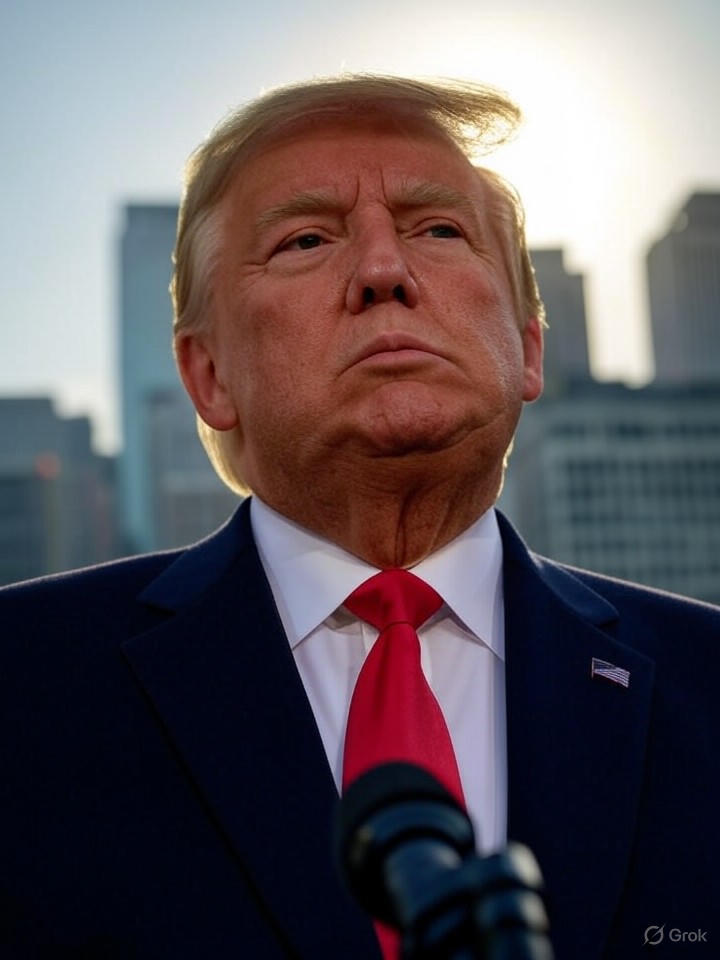UPDATE: President Donald Trump’s sweeping tariffs, set to take full effect in August 2025, are poised to devastate African economies while pushing them to pivot towards China and the European Union. The White House has declared a national emergency that triggers tariffs up to 41% on imports from nearly all African nations, sparking immediate backlash and economic upheaval.
The tariffs, which specifically impose a 30% increase on imports from South Africa, could lead to over 100,000 job losses in key sectors, including agriculture and automotive, according to South Africa’s central bank governor. The African Growth and Opportunity Act (AGOA), critical for duty-free access to U.S. markets, is now under threat, further straining U.S.-Africa relations.
In response to these developments, countries like Nigeria and Ghana are swiftly adapting their trade strategies. Facing 15% tariffs, these nations are turning to the African Continental Free Trade Area (AfCFTA) to boost intra-continental trade. Analysts on social media emphasize that Africa’s vast resources, including 60% of the world’s arable land and 33% of its minerals, could be leveraged for new partnerships.
Economic experts warn of a looming crisis. The Tax Foundation estimates that Trump’s tariffs could impose an average annual tax increase of $1,300 per U.S. household, while the International Monetary Fund (IMF) predicts a 0.5% drop in global growth for 2025, equating to a staggering $800 billion loss within two years.
Companies like Caterpillar and Yum Brands are already feeling the impact, with potential global profits declining by $15 billion in 2025 due to these tariffs. In South Africa, automotive exports to the U.S. have sharply decreased, leading to layoffs and factory shutdowns.
Geopolitically, Trump’s tariffs threaten to alienate African allies, pushing them closer to rivals like China. Experts warn that without rapid adjustments, smaller exporters could collapse, exacerbating inequality across the continent.
As August 7 approaches, African leaders are actively lobbying for exemptions while strengthening domestic resilience. The continent’s scramble for solutions reflects a significant realignment, where U.S. protectionism may inadvertently accelerate Africa’s economic integration and global repositioning.
Stay tuned as we continue to monitor this developing story, with updates expected from economic analysts and government officials.







































































